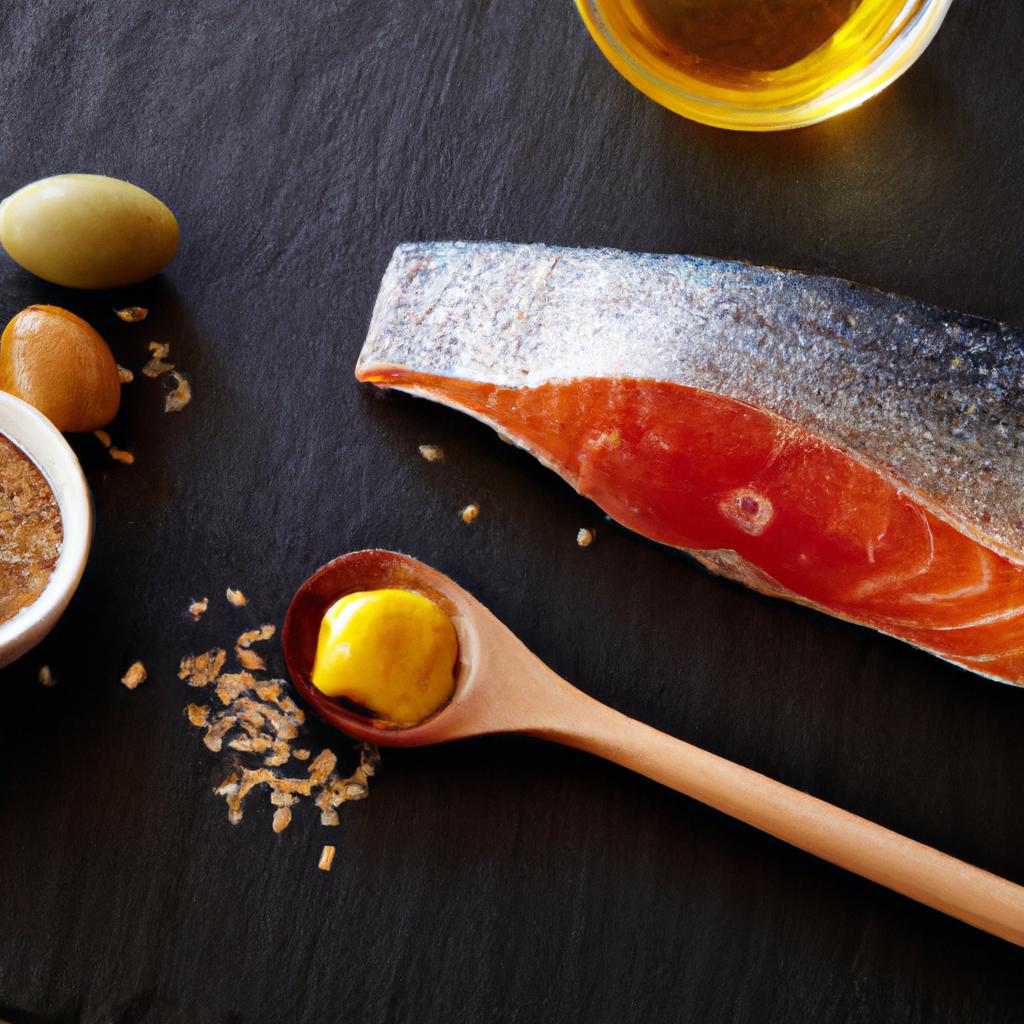**”The Impact of Omega-3 Fatty Acids on Inflammation and Recovery: How Dietary Choices Influence Athletic Performance”**
# The Impact of Omega-3 Fatty Acids on Inflammation and Recovery: How Dietary Choices Influence Athletic Performance
In the world of athletics, the quest for optimal performance and recovery is an ongoing journey. Among the various dietary components that athletes focus on, omega-3 fatty acids have gained significant attention for their potential to influence inflammation and recovery. These essential fats not only support heart health but also play a crucial role in muscle recovery, joint health, and overall athletic performance. This blog post delves into the impact of omega-3 fatty acids on inflammation and recovery, offering insights on how dietary choices can enhance athletic performance.
## Understanding Omega-3 Fatty Acids
### What Are Omega-3 Fatty Acids?
Omega-3 fatty acids are polyunsaturated fats that the body cannot produce on its own, meaning they must be obtained through the diet. The three main types of omega-3s relevant to human health are alpha-linolenic acid (ALA), eicosapentaenoic acid (EPA), and docosahexaenoic acid (DHA). ALA is primarily found in plant sources like flaxseeds and walnuts, while EPA and DHA are mainly found in fatty fish such as salmon, mackerel, and sardines.
### The Role of Omega-3s in Inflammation
Inflammation is a natural response of the body to injury or infection. However, chronic inflammation can hinder athletic performance and recovery. Omega-3 fatty acids have been shown to possess anti-inflammatory properties that can help reduce the levels of pro-inflammatory cytokines in the body. This reduction can lead to quicker recovery times after intense training sessions or competitions, making omega-3s a vital addition to an athlete’s dietary regimen.
## The Science Behind Omega-3s and Recovery
### Mechanisms of Action
The anti-inflammatory effects of omega-3 fatty acids are primarily attributed to their ability to compete with omega-6 fatty acids, which are pro-inflammatory. By incorporating more omega-3s into the diet, athletes can shift the balance towards an anti-inflammatory state. Research has demonstrated that omega-3s can reduce muscle soreness and decrease the risk of injury. A study published in the *American Journal of Clinical Nutrition* found that athletes who consumed higher amounts of omega-3 fatty acids experienced less muscle soreness and improved recovery compared to those with lower intake levels.
### Impact on Joint Health
Joint health is crucial for athletes, especially those involved in high-impact sports. Omega-3s have been shown to support joint health by reducing stiffness and pain associated with inflammatory joint conditions. This is particularly beneficial for athletes who are prone to overuse injuries or joint stress. Incorporating omega-3 fatty acids into the diet can lead to improved joint function and increased mobility, allowing athletes to train more effectively and consistently.
## Nutrition Tips
### Incorporating Omega-3s into Your Diet
1. **Eat Fatty Fish**: Aim for at least two servings
of fatty fish per week, such as salmon, mackerel, or sardines, to ensure adequate intake of EPA and DHA.
2. **Add Plant-Based Sources**: Include flaxseeds, chia seeds, walnuts, and hemp seeds in your diet for ALA. These can be easily added to smoothies, oatmeal, or salads.
3. **Consider Supplements**: If you find it challenging to get enough omega-3s from food sources, consider omega-3 supplements such as fish oil or algal oil (a plant-based option). However, consult with a healthcare professional before starting any supplement regimen.
4. **Balance Omega-6 Intake**: Be mindful of your omega-6 fatty acid consumption, which is found in many vegetable oils and processed foods. Striving for a balance between omega-3 and omega-6 fatty acids can help reduce inflammation.
### Timing is Key
For athletes, timing can enhance the benefits of omega-3s. Consuming omega-3















Post Comment